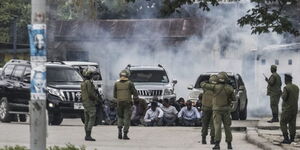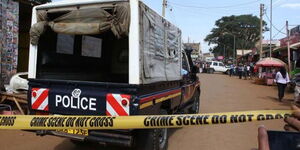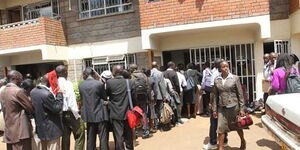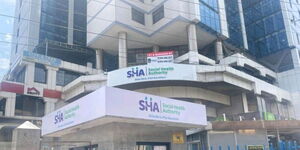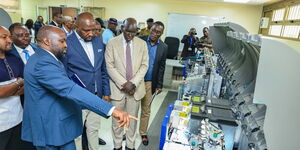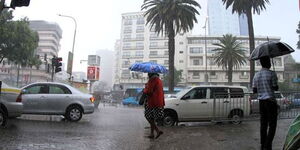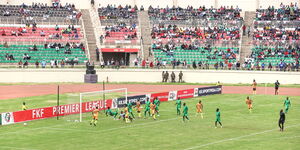A group of architects and researchers identifying themselves as Cave Bureau has presented a proposal that will help cattle keepers to herd their livestock in Nairobi including in areas adjacent to the Central Business District.
The group proposes that cow corridors be created above and under major highways in a bid to accommodate the herdsmen and their livestock as they mingle with city residents.
The group, led by Kabage Karanja and Stella Mutegi, in its presentation dated Thursday, November 5, stated that the proposal is part of a manifesto that aims to redress colonial injustices that led to the eviction of the Maasai people from Nairobi, which was their ancestral land.
The move, if implemented, will involve the planning of designated places for grazing and watering with salt licks, veterinary clinics, and Maasai trading zones, stretching from the Jomo Kenyatta International Airport(JKIA) reserve land, right into the city's railway yards, underutilized reserves and riparian areas.
"We imagine a new kind of infrastructure we call Cow Corridors for the first inhabitants of the city," wrote Kabage Karanja and Stella Mutegi in their proposal.
"This is a time where the Maasai citizens of Nairobi will no longer be questioned for bringing their cattle to graze in their ancestral lands, a remnant of past colonial laws of the county government."
The proposal, if implemented, will address the constant kicking out of the herders from the city by the authorities. The herders are always chased out of the city for causing traffic disruption and congestion.
The corridors will form a networked circuit intertwined with routes taken by tourists who enjoy marveling at the resilience of the Maasai Culture in the midst of Nairobi’s urbanization.
The proposal comes after the construction of The Nairobi Expressway that has taken over a big part of the greenery in the city, leaving areas exposed to erosion and prone to dumping of waste by companies and members of the public.
The Nairobi Expressway, a pilot project of the present-day government, is now contractually valued at Ksh72.8 billion, after an increment of Ksh7.6 billion from the initial budget figure of Ksh65.2 billion.
The project is premised to boost economic growth by speeding up the movement of goods and people and reducing the huge traffic congestion always experienced in the capital city.



